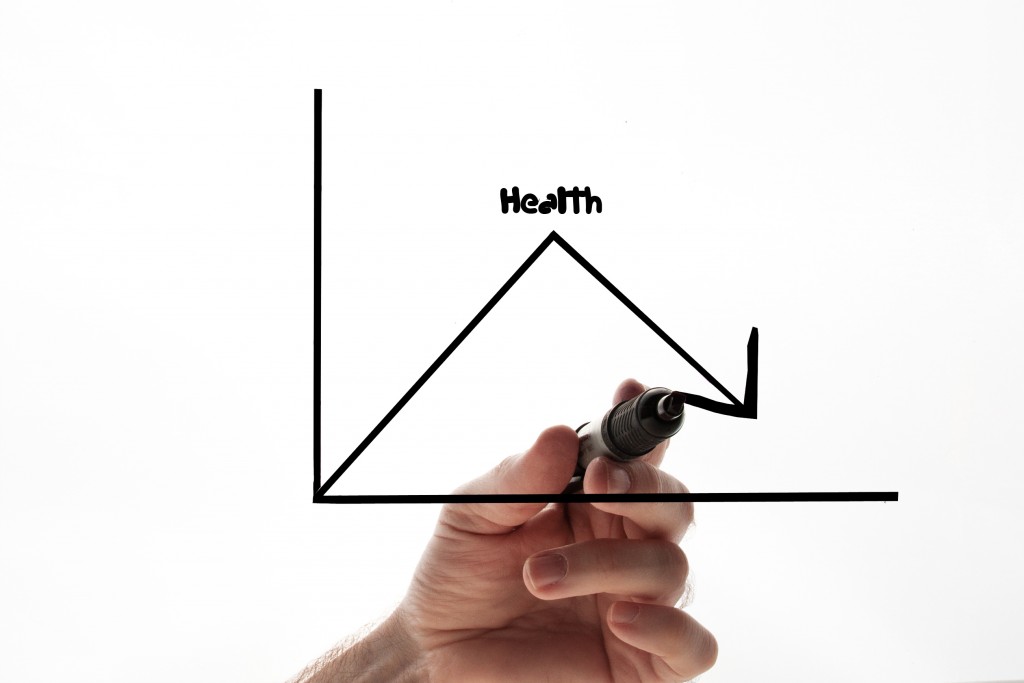If you are a self-employed entrepreneur or business owner, disability insurance is a must. While many tend to think of disability insurance as something reserved solely for people with dangerous and/or physically strenuous jobs, the truth is that it’s for everyone. That’s because, as it turns out, on-the-job accidents and injuries actually make up just a small fraction of disability claims in the United States. More often than not, disability claims are due to musculoskeletal disorders, for example, carpal tunnel syndrome, and other conditions which can prevent sufferers from being able to perform even minor duties like typing, filing, or lifting.
Other major causes of disability are life-threatening and debilitating illnesses like heart disease, cancer, and Parkinson’s which can strike at any time with little to no warning. This means that disability can affect people of all ages, in any profession. And when you work for yourself, the dangers of disability become even more severe.
Why is disability insurance important?
Think about it: you’ve probably already insured your home, your personal belongings and your car, but are these really your biggest assets? The truth is, when you consider how much money you are likely to make between now and retirement age, the number is most likely in the millions, making your ability to earn a living one of the biggest, if not the biggest asset you have.
For instance, say you are 35 years old and earning around the national average (about $50,000 per year), now multiply that by 30 years, and you’ll see that by age 65 you would have earned $1.5 million in yearly wages, and that’s not counting any increases you’d likely accumulate throughout the years.
Now imagine suffering a serious career-ending injury or illness at age 50 with no safety net in place. How long would you be able to keep yourself afloat on your savings alone, especially once you factor in the expensive medical costs related to your subsequent care and recovery? And when you consider the fact that one third of all workers aged 35 to 65 will suffer some sort of debilitating injury or illness at some point in their careers, the need for disability coverage is clear.
Why is disability insurance so important for entrepreneurs and the self-employed?
Not only is it essential for entrepreneurs, but disability insurance is actually even more important if you’re your own boss.
If an employee gets sick or injured and is unable to work, he or she generally has the option to use sick days and vacation time to give them a chance to recover while still earning income. For the self-employed business owner, that usually isn’t the case.
Entrepreneurs simply cannot afford to miss work. For many who are running their own business, being unable to work essentially means shutting down their entire operation, which could mean losing clients, upsetting partners and missing out on valuable time needed to execute pending projects and meet deadlines.
Depending on your specific policy, disability insurance will cover anywhere from 30 to about 70 percent of your income. And while that isn’t perfect, it sure beats watching your business stagnate while you’re already dealing with the potential pain and suffering of a serious illness or injury. With your disability benefits, you could potentially hire someone else to help keep your business going while you try to get better. Even if your business or startup isn’t your household’s only source of income, disability insurance will provide a nice support system so your spouse or partner isn’t suddenly overburdened by the sudden loss of a major revenue stream.
How to Find the Coverage You Need
So if you own a business and don’t have coverage, you should make finding a good policy one of your top priorities. But it’s important to keep in mind that not all policies are created equal. Here are a few tips on what to look for when shopping for disability insurance:
- Elimination Period – Most disability policies will stipulate a required waiting period between the time of your injury or onset of a disabling disease and the dispersal of your benefits. This is known as the “elimination period,” and it can range anywhere from 30 days to one year. The thing to keep in mind with the elimination period is that the and the shorter it is, the more expensive your plan is likely to be. So if you are able to keep enough savings to float you for a few months in the event of a disability, it might be best to opt for a longer elimination period.
- Select an A+ rated company – Insurance companies receive ratings on their overall financial strength from four independent agencies (A.M. Best, Fitch, Moody’s and Standard & Poor’s). They each have their own rating systems and requirements for measuring individual insurance companies, but they all use some variation of A, Aa, A1, or A+ for their higher ratings. You should be able to find these ratings on the company’s website.
- Look for Own Occupation Coverage – When it comes to disability insurance, there are two major types of coverage: ‘Own Occupation’, and ‘Any Occupation’ coverage. Own occupation coverage is preferable because it will cover you if you are unable to perform the duties of your particular occupation, whereas any occupation coverage will only cover you if you are unable to work at any job for which you are reasonably qualified.
- Residual Benefits – Often added on as a policy rider, a residual benefit can help supplement your income if you become disabled, but are still capable of performing some of your regular duties, or are only able to perform your regular duties on a part-time basis.
- Shop Around – Again, no two insurance policies are exactly alike. Take some time to do the research, talk to a few different brokers and insurance professionals, and talk with friends and business associates who already have coverage. The better informed you are going into the process, the happier you’ll be with your policy.
In short, disability insurance is essentially an insurance policy for your livelihood, and the importance of that simply can’t be overstated. If you are unable to work due to illness or injury, a good disability policy will allow you to focus on getting better, rather than focusing on how you’re going to afford your medicine, food, mortgage and bills. So don’t put it off until it’s too late. Start looking into your options today.
Find a Home-Based Business to Start-Up >>> Hundreds of Business Listings.

















































